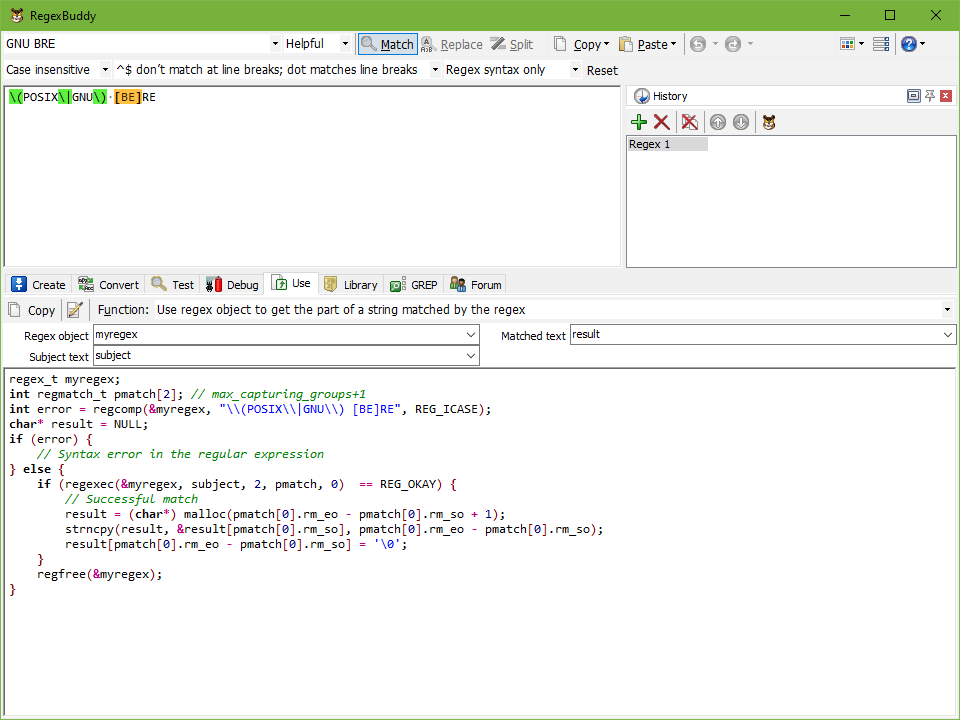

For example ‘ \2’ matches the second group expression. In addition, two variant programs egrep and fgrep are available. Regular Expressions in grep Searching Files on UNIX On MPEyou can display files using the :Print command, Fcopy, Magnet, or Qedit(with pattern match searches). A backslash followed by a digit acts as a back-reference and matches the same thing as the previous grouped expression indicated by that number. By default, grep prints the matching lines. Grouping is performed with backslashes followed by parentheses ‘ \(’, ‘ \)’. ‘ \'’ matches the end of the whole input.When using basic regular expressions, the meta-characters are interpreted as. Always enclose the regular expression in single quotes to avoid the interpretation and expansion of the meta-characters by the shell. A regular expression (regex or regexp) is a. The components of the expression are:, this anchors the expression to the start of a line. It uses it in such a way though that it doesnt have the same bug as GNU grep. ‘ \`’ matches the beginning of the whole input The syntax for searching multiple patterns using the grep basic regular expressions is as follows: grep 'pattern1\pattern2' file. 16k 29 71 81 5 grep itself doesnt support wildcards on most platforms. The regular expression 0-9+.+ 0-9 is a POSIX extended regular expression that matches one or more digits at the start of the line, followed by one or more other characters (possibly including digits), and a final digit at the end of the line.‘ \B’ matches characters which are not a word boundary.‘ \W’ matches a character which is not within a word.‘ \w’ matches a character within a word.Character classes are supported for example ‘ ]’ will match a single decimal digit. Within square brackets, ‘ \’ is taken literally. Bracket expressions where the range is backward, for example ‘ ’, are invalid. The 'g' was an abbreviation for 'global search. Indicates that the regular expression should match zero or one occurrence of the previous atom or regexp.īracket expressions are used to match ranges of characters.

Indicates that the regular expression should match one or more occurrences of the previous atom or regexp. -F, -fixed-strings list of fixed strings -G, -basic-regexp basic regular expression (default) Output. GNU grep is the default on all Linux systems. Next: posix-awk regular expression syntax, Previous: gnu-awk regular expression syntax, Up: Regular Expressions Linux comes with GNU grep, which supports extended regular expressions.


 0 kommentar(er)
0 kommentar(er)
